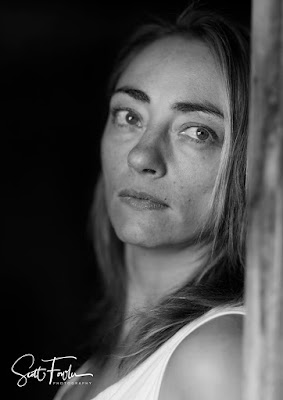
Recently I went on a winter workshop research trip into the heart of Central Otago, South Island, New Zealand. We had various weather from glorious sunshine to driving freezing rain and floods. I also experienced a dead truck, that needs a heart replacement, but that is another story.
We went out in all weathers and enjoyed the many faces of the Maniototo valley. At one point we explored up a greasy, gravel road, looking to see what we could find, we found an old school house. So being curious photographers we went inside, we looked, photographed and enjoyed the old memorabilia of days gone bye. As I was about to leave I noticed a pile of books in a corner, I decided to have a look, something drew me to them. As I looked through the pile, I noticed a photography book by a Japanese photographer, the image on the front had me intrigued. I picked the book up and had a look through, the style of photography impressed me, I decided to photograph the book to have a record of it, placing the book on the ground, in the beam of light, the whole scene made sense to me, the eyes of the man on the cover, the shadows, the lone leaf below the book. We often come across things for a reason, was this one of these times.
Workshops why would you do them and what can I expect to gain from the expense and experience. That has a lot do with you and your expectations. Is it some part of photography that you either want to learn or advance your understanding of. You will find hundreds of different options to choose from, workshops in NZ or Overseas, all subjects will be covered. A few questions to ask before you sign up.
What do I get for my dollar?
How much teaching time is there?
Are there limitations to Instructors availability?
How many on the course?
Can you give an Idea to the daily plan?
Do we do computer processing?
Do we get a handout form the course to take home?
Ask for recent references/testimonials or the contact details of someone who has recently done the workshop, to check if this is the course you wan to spend your hard earned dollars on!
Always remember when attending a workshop, YOU need to ask the questions YOU want the answers too. If you do not come forward YOU will get missed. It is better to stand up and appear a little stupid and ask a question, then sit down a little more intelligent, than sitting there looking Intelligent, but remaining a little stupid..Workshops are a great place of knowledge, experience and a place to make new friendships. They are often an intense place to learn, as a lot of information and learning is squeezed into a short space of time, YOU want to come away with a new understanding of photography, using your camera, post processing, new techniques and more, much more.
I run around 15 workshops a year and love sharing my knowledge and experience with a wide range of photographers. My students return to my workshops many times, as my teaching style is a little different from everyone else.
www.scottfowlerworkshops.com



















































